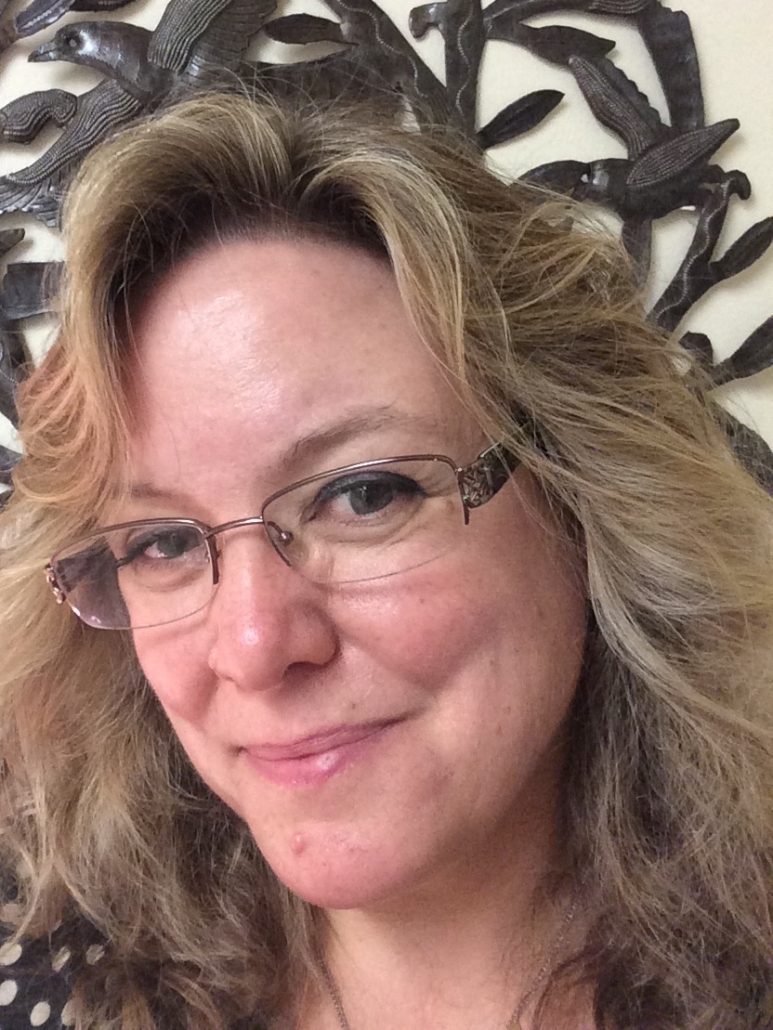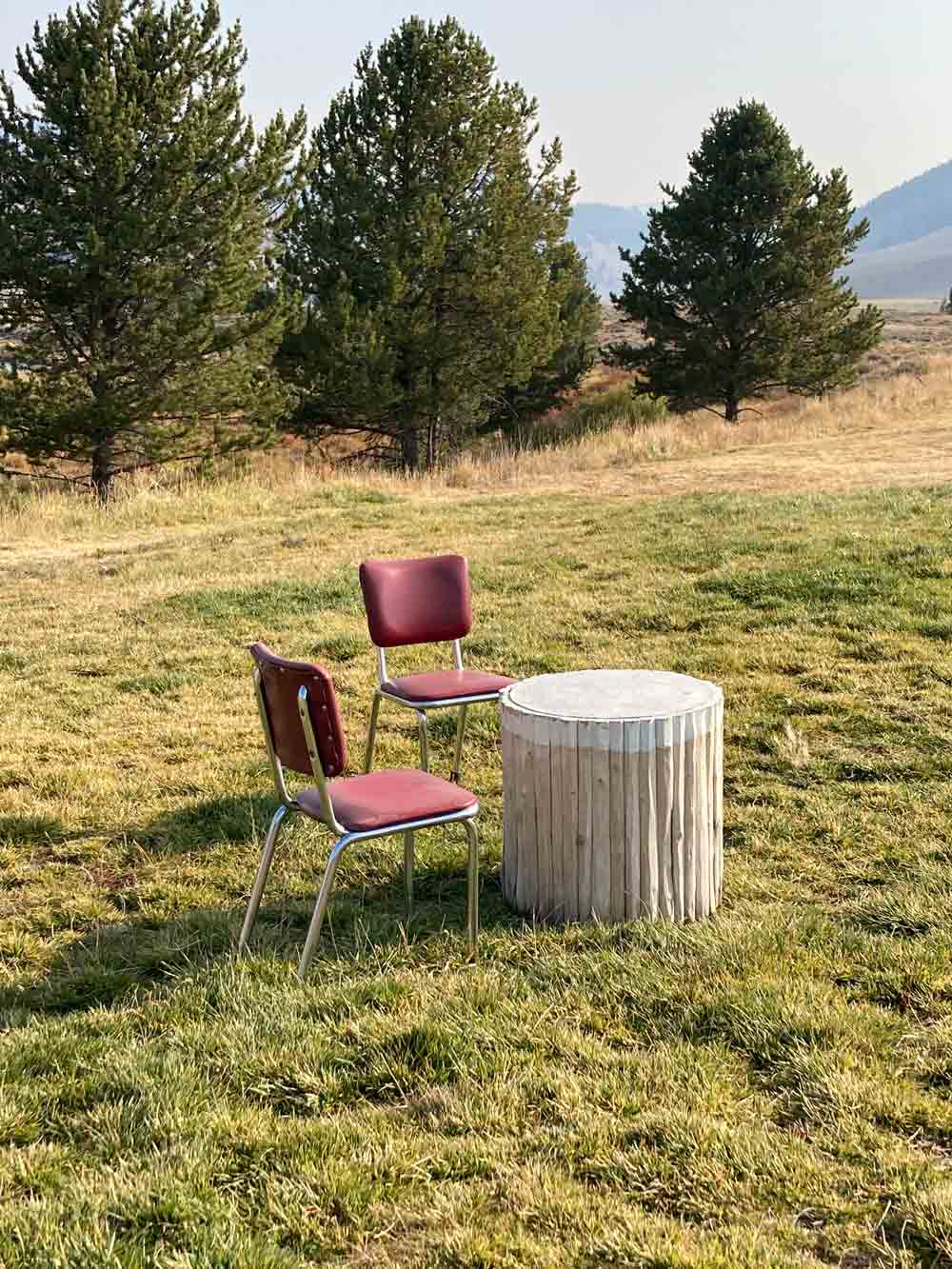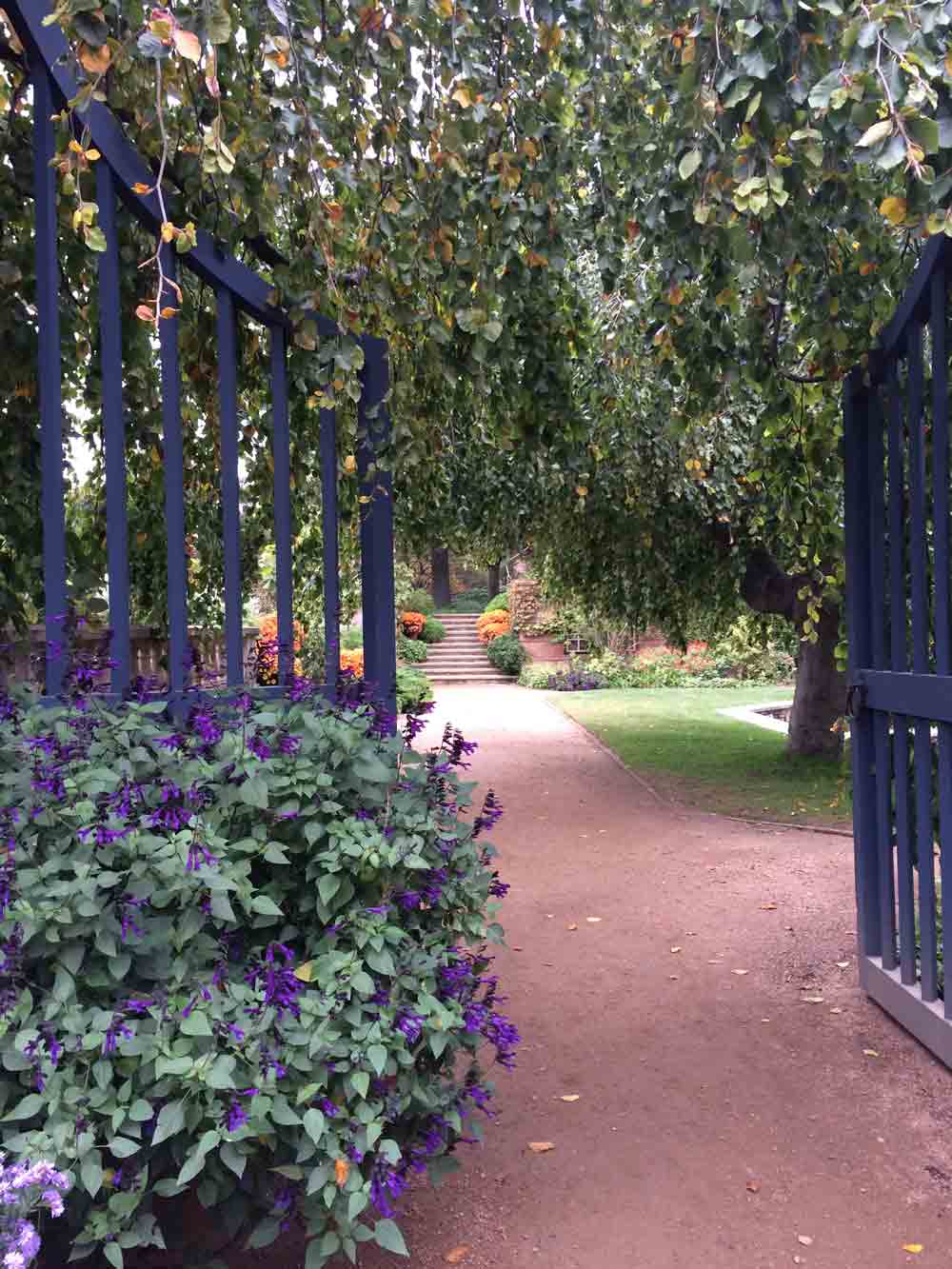My Background
I have been working in the field of psychology since 1984. While in graduate school I worked at Lutheran General Hospital on the adult and adolescent units and was part of a team that created a new general program for the child psych unit.
In the late ‘80s and early ‘90s I worked in clinics in Englewood, Evergreen Park, and on Division Street in Chicago. Clinic days included working with gangs, individual gang members and their families, as well as supporting the staff of an HIV testing clinic and responding to clients who received a positive test result. I was also part of a team that worked out Crisis intervention initiatives for children and teens for the City of Chicago.


